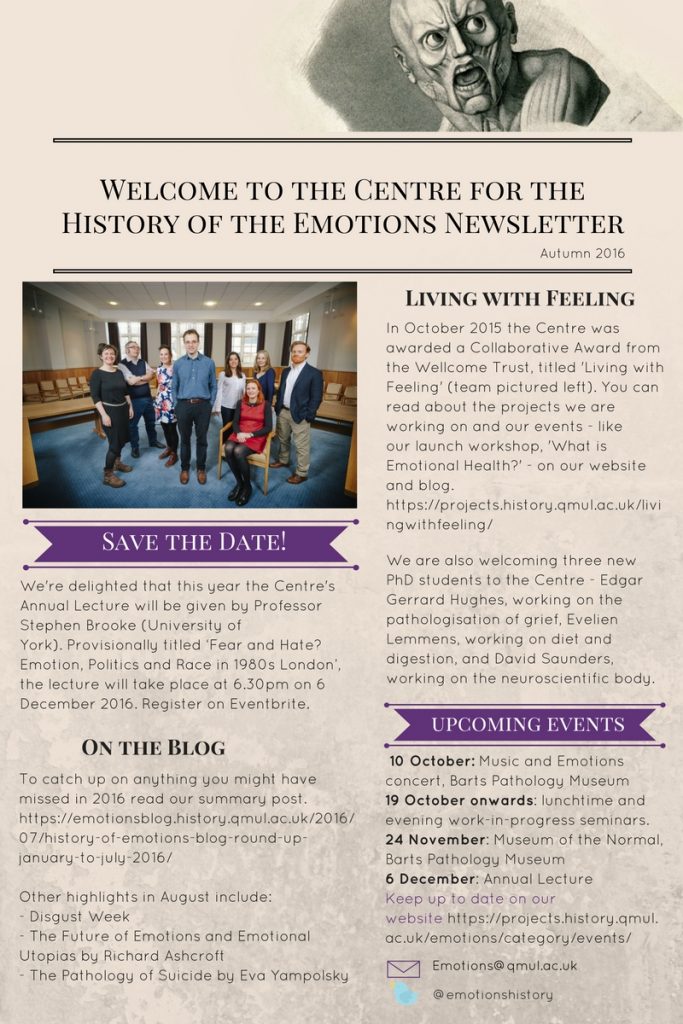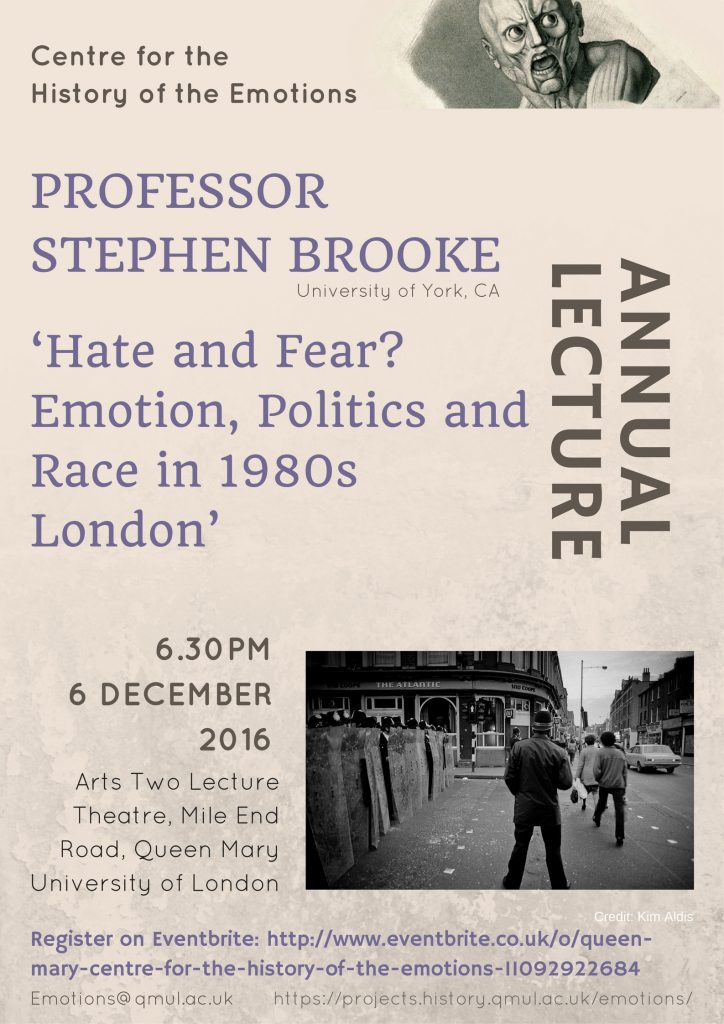On Wednesday 16 November Ayesha Nathoo will give a paper tiled ‘“It does need self-discipline”: Health education, expertise, and the politics of relaxation in 1970s Britain’.
Abstract:
In the postwar decades, therapeutic relaxation techniques proliferated as a means of counteracting various maladies commonly associated with the pressures of modern Western living. By the early 1970s in Britain, instruction in neuro-muscular relaxation was widely available through the mass media, self-help books, group classes and in clinical settings. This talk will examine the pedagogy of relaxation, including its material and audio-visual culture. It will ask how practitioners negotiated and communicated their expertise, and how patients learnt and applied the techniques and determined their therapeutic value. In doing so, it will demonstrate how relaxation ideology helped to engender a socio-political shift towards promoting ‘healthy lifestyles’ and individual responsibility for health.
All talks are free, booking not needed. Lunch will be provided.
https://projects.history.qmul.ac.uk/emotions/news/autumn-term-events/
The talk will take place in the Arts Two building (room 3.20), Mile End Campus, London E1 4NS. For directions to Mile End and a campus map, see bit.ly/QMcampusmap.

